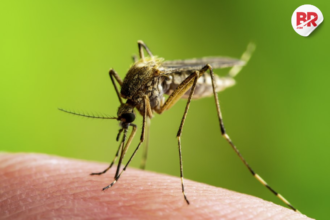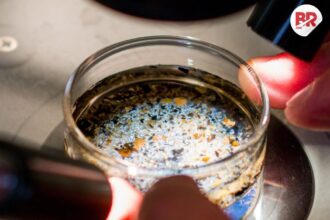
In the world of cancer care, new discoveries are always being made to improve how we treat the disease. A recent breakthrough has brought fresh hope to people suffering from a rare and aggressive cancer called signet ring cell carcinoma (SRCC). This rare cancer treatment is showing promise, especially for patients whose cancer spreads to the peritoneum—the lining of the belly area.
What is SRCC and Why Is It Hard to Treat?
Signet ring cell carcinoma (SRCC) is a rare type of cancer that usually starts in the stomach, bladder, or sometimes in other organs. What makes SRCC difficult to treat is how fast it spreads—especially to the peritoneum, the thin layer that covers the organs in your belly like the liver, intestines, and stomach.

When cancer cells spread to the peritoneum, they can grow quickly and become hard to remove or treat. Regular treatments like surgery or chemotherapy often don’t work well because the peritoneum protects the area, making it hard for medicine to reach the cancer cells.
The Breakthrough: A New Way to Treat SRCC
Doctors and researchers have developed a new technique for rare cancer treatment that targets the peritoneum more directly. This method uses smart imaging tools and delivers medicine straight to the cancer cells in the peritoneum.
Instead of spreading medicine through the whole body, which can harm healthy parts, this technique delivers high doses right to where it’s needed. This helps kill cancer cells more effectively and causes fewer side effects. Patients may feel better during treatment and have a better chance at recovery.
What Patients Should Know
If you or someone you know has been diagnosed with SRCC, here are some key things to keep in mind:
-
Early Detection Helps: Finding the cancer early gives doctors a better chance to treat it successfully. Regular check-ups are important.
-
Targeted Treatment Option: This new rare cancer treatment is more focused and may be easier on the body than regular chemotherapy. Ask your doctor if it’s right for you.
-
Can Be Combined with Other Therapies: Sometimes, this method can be used with other treatments like immunotherapy or radiation for better results. Every patient’s case is different, so a personal treatment plan is best.
Looking Ahead
This new technique is a big step forward in the fight against SRCC and other cancers that spread to the peritoneum. Researchers are still testing and improving the method, but early results are very hopeful.
For patients and their families, this rare cancer treatment brings a new sense of hope and possibility. It reminds us that science is always moving forward, finding better ways to fight cancer.
Also See: 506 School Girls Vaccinated in HPV Drive to Prevent Cervical Cancer in Gautam Budh Nagar!
Stay informed about new developments and always talk to your healthcare team about the best treatment options for you.












